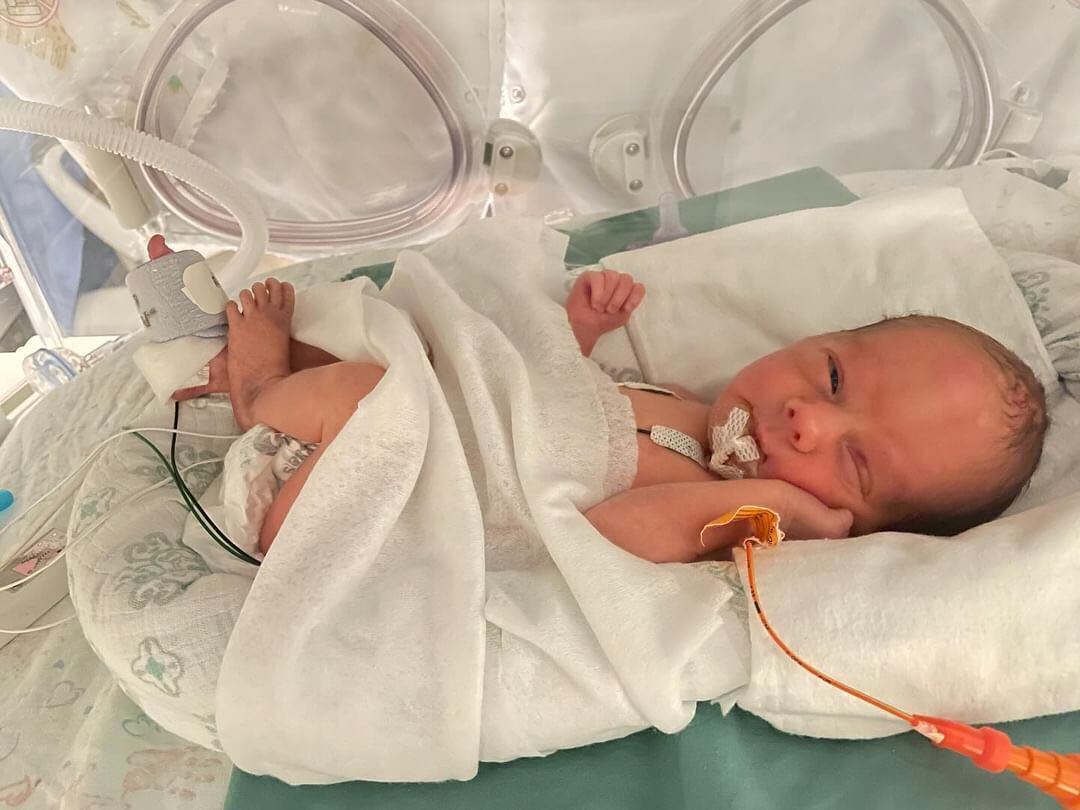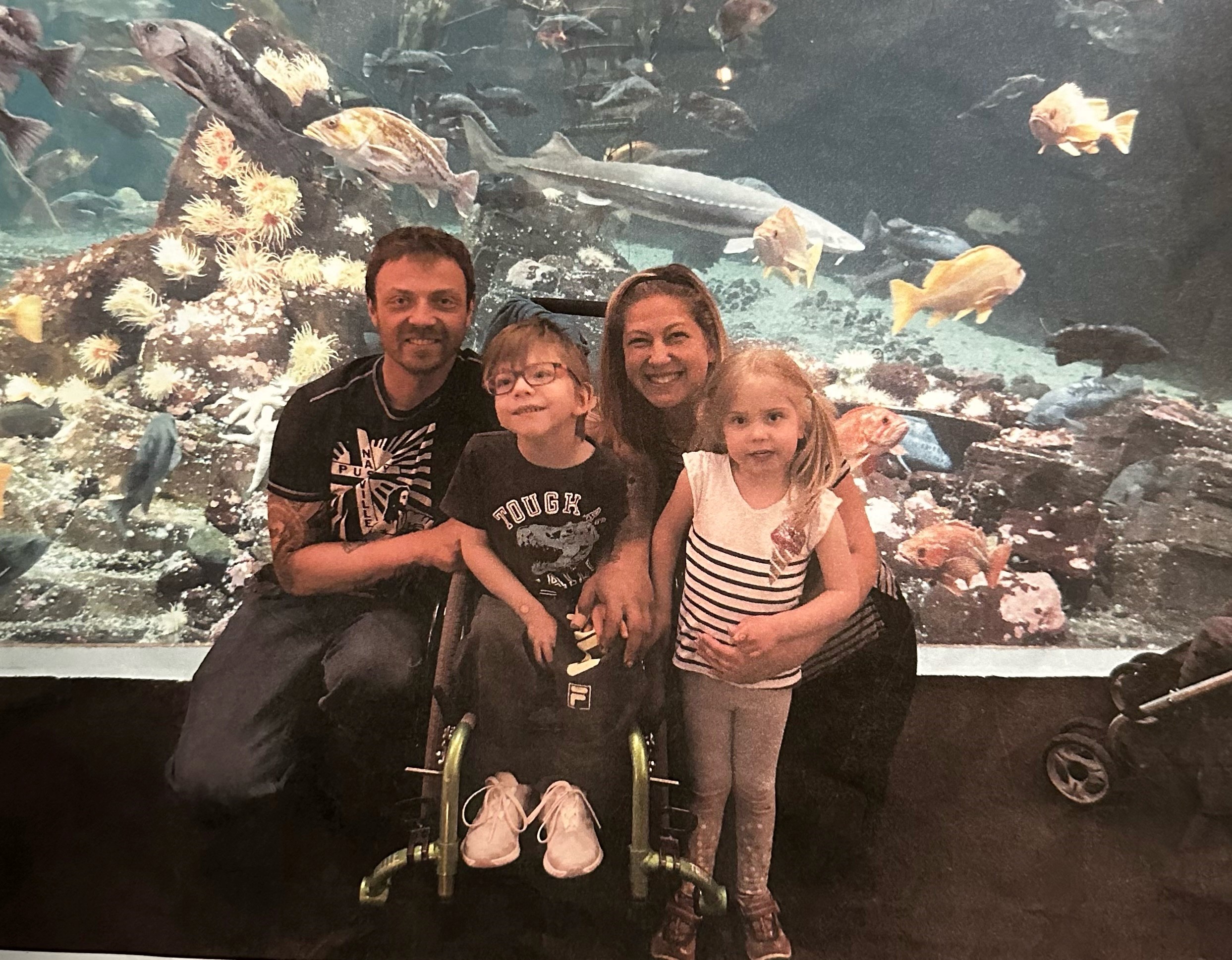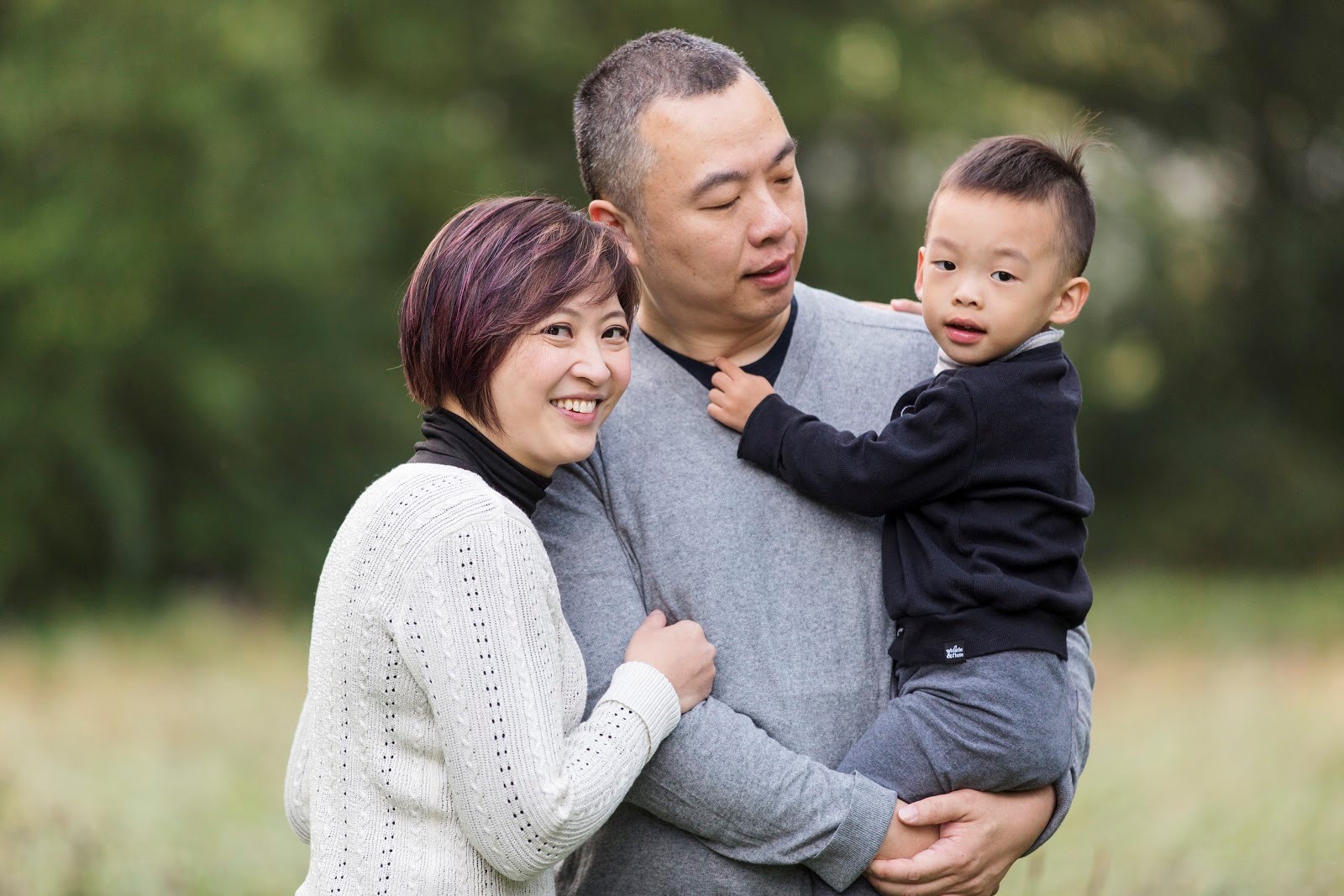
When I look back at my life, I wouldn’t believe it if I told myself I would be here today with my son.
After spending some time in Hong Kong, my husband and I had moved back to Vancouver, where I grew up. Being newly married and already overwhelmed by all the changes in my life, becoming a mother was the last thing on my mind. When I discovered I was pregnant, it was a complete shock.
I was not expecting to have a baby at all, and by the second month of my pregnancy, I had fallen into a severe depression. The negative emotions were so strong. I couldn’t block them out.
My appetite not only vanished, even the thought of food was repulsive. I couldn’t seem to make myself eat – every time I did, I wanted to cry. Day by day, I was starving myself and my baby.
It got so bad I couldn’t even take the Skytrain anymore. It was just too tempting to throw myself onto the tracks. But somewhere, deep inside, I knew I wanted to survive. I knew I needed help.
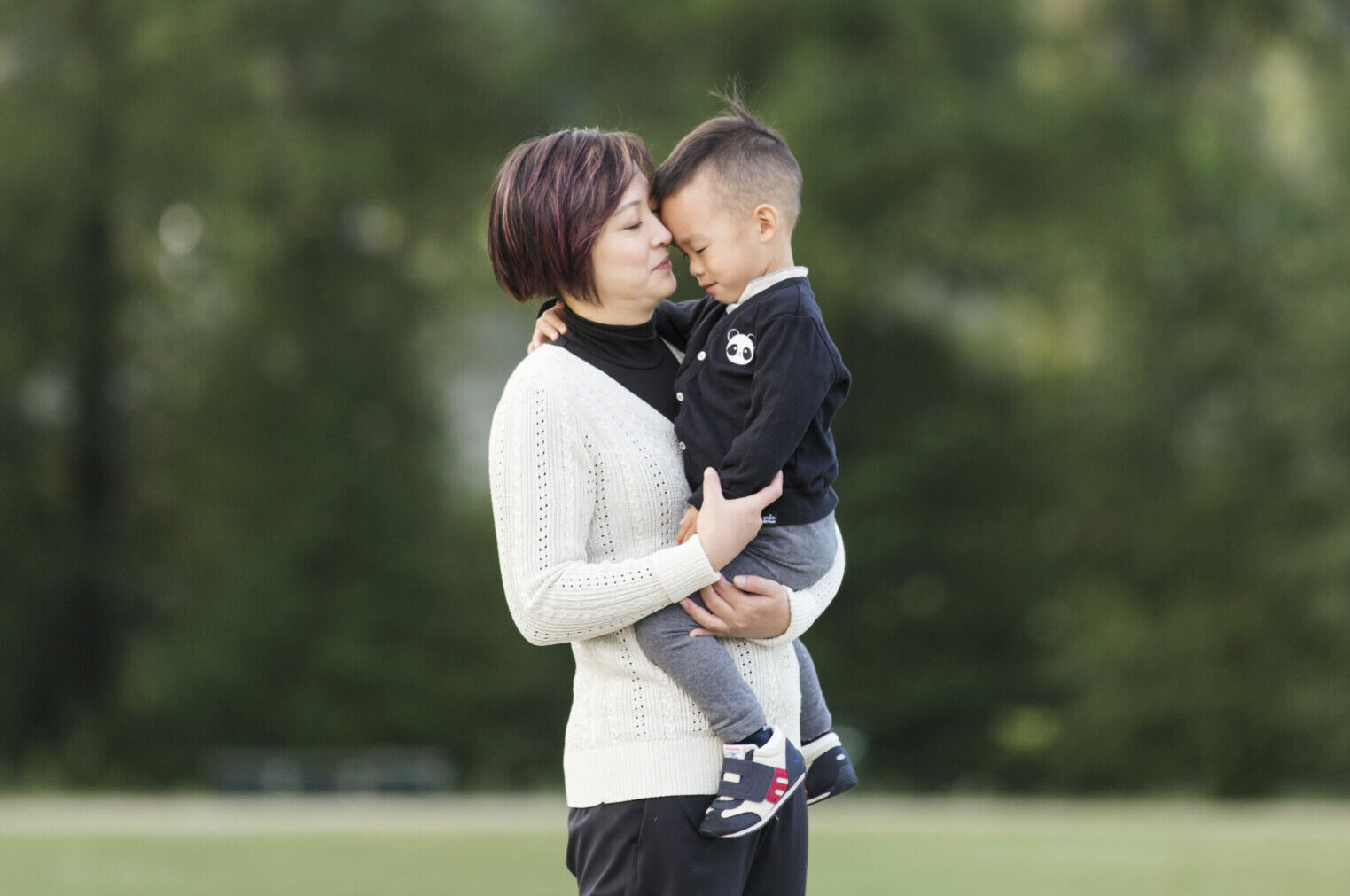
I saw a general psychiatrist quickly due to the severity of my depression. However, not even he had the specialized expertise to provide the support I needed as a pregnant woman. He was concerned I would not be able to survive my pregnancy – to the point where we had to consider if it was the safest option to continue. It was one of the most challenging conversations I had with my husband, Ben.
That’s when my psychiatrist referred me to BC Women’s Hospital’s Reproductive Mental Health Program.
I had already shared my experience several times and was scared and reluctant to try again, but I was even more frightened of what would happen if I didn’t get help. In what was maybe the most courageous decision of my life, I walked through the BC Women’s Hospital doors. And I’m so glad I did.
When I met with Dr. Deirdre Ryan at the BC Women’s Reproductive Mental Health Program, I had an unexpected feeling: hope. Her calm and professional demeanor assured me everything was going to be okay.
Her team went above and beyond. They really listened, they understood, and they walked with me every step of the way. My depression was treated with medication that was also safe for my baby. I also learned to recognize and manage my emotions through Mindfulness Meditation and other techniques. I learned how to prepare (and actually enjoy!) healthy meals.
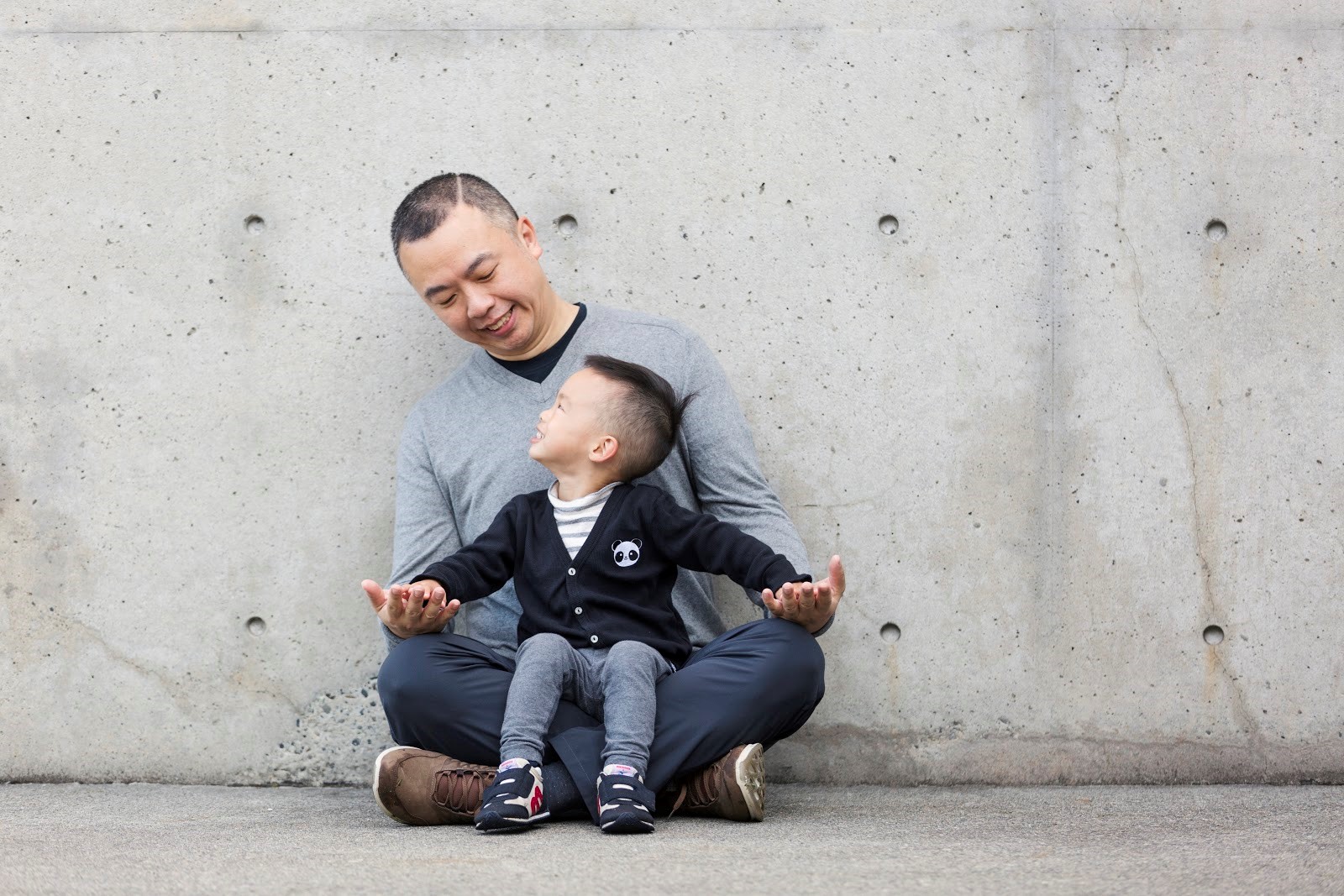
“I attended classes and support groups with Ava, side-by-side. We both took up swimming every morning as part of our exercise routine. Even talking with the dietician, they helped pick out vegetables that were more familiar to Chinese cuisine, to help Ava to start enjoying cooking and eating again. In every detail, the Reproductive Mental Health Program really cared for us deeply.” – Ben, spouse of Ava.
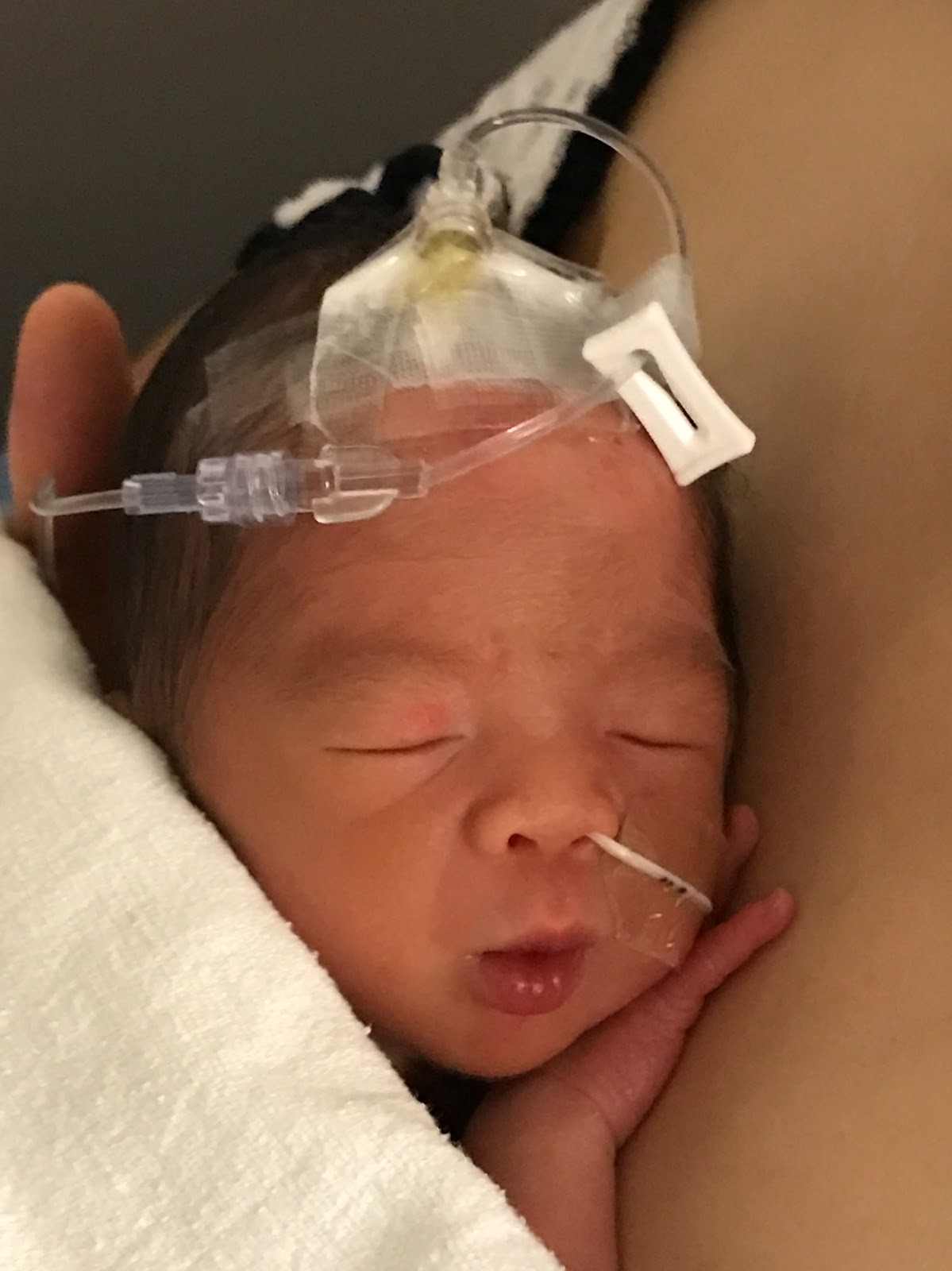
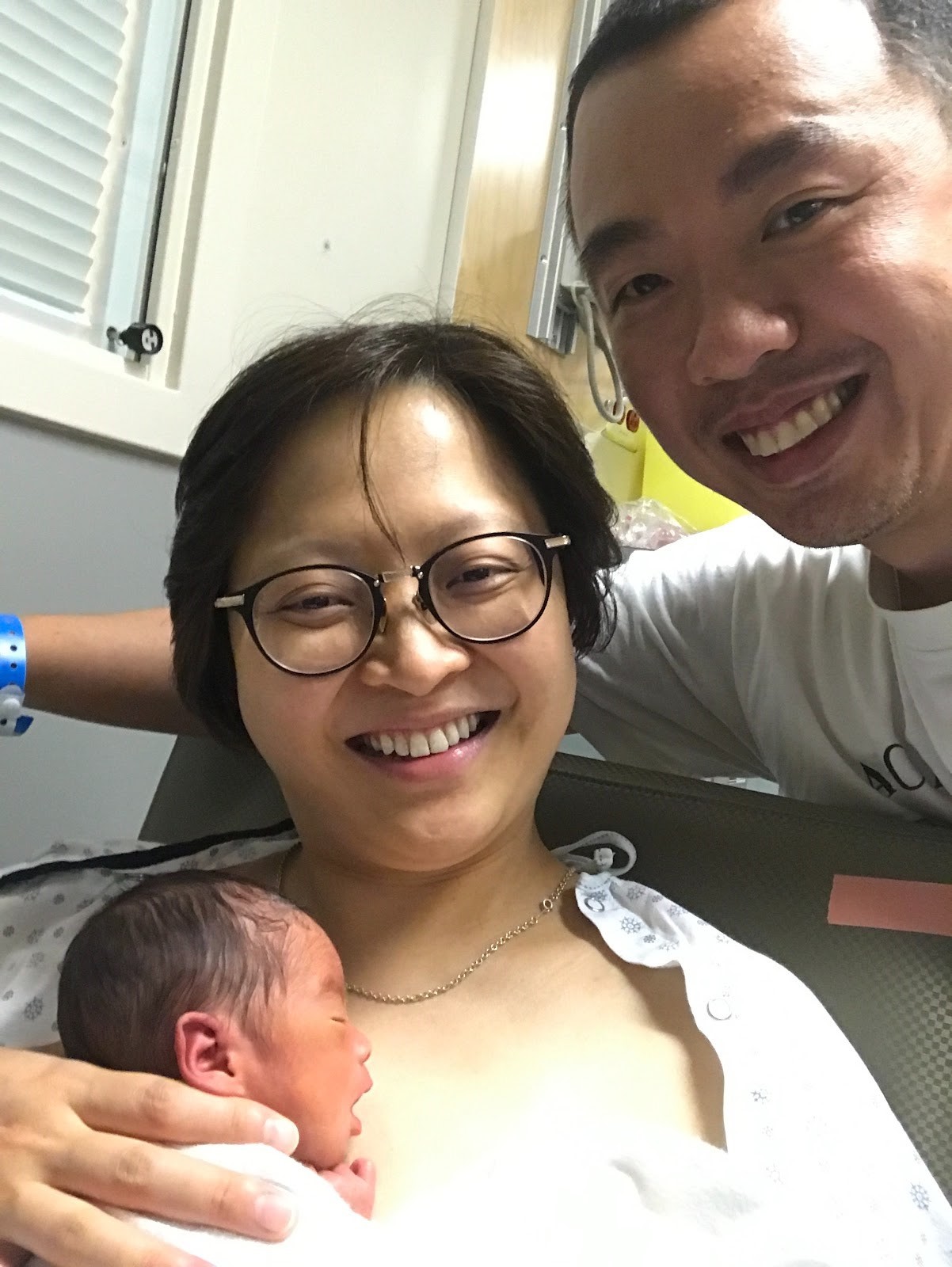
My son Chris was born premature at 34 weeks, and then my postpartum depression started on the first day after I gave birth. I began to feel very tired, and I remember thinking to myself: “I don’t know why I’m so sad. I don’t want to get out of bed. I don’t want to eat. I don’t want to visit Chris. I don’t care about anything.” Luckily, the Reproductive Mental Health Program was there for me when I needed them and gave me the reassurance and guidance I needed to take control of my mental health.
While I knew there would still be challenges, I was ready to love and care for Chris – and for myself. The Reproductive Mental Health Program saved my life, and my family.
I know I’m not alone in my experience. Here in BC, almost one quarter of new moms report feelings consistent with postpartum depression or anxiety. And recent immigrants, like me at the time, who might not have a strong community of support to rely on are three-to-five times more likely to experience postpartum depression.
There is a lot of shame and stigma in my culture associated with mental health. That if you ask for help, you are weak. But you are not. You are so brave; you are so strong.
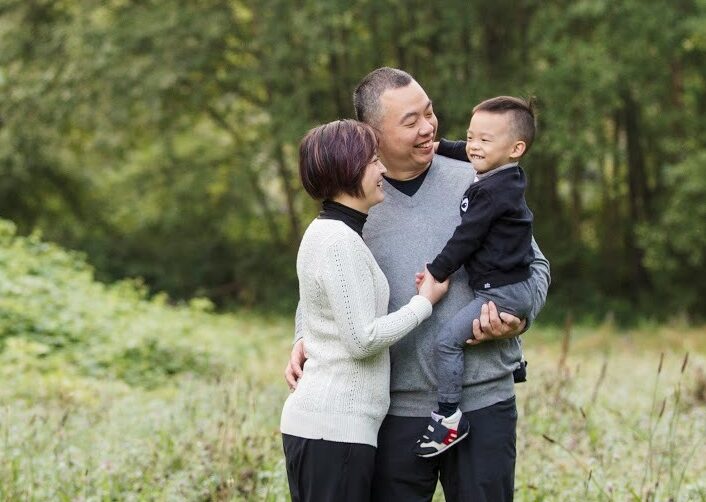
Throughout my treatment, I learned that reproductive mental health research – and women’s health in general – is vastly underfunded and lacking in research studies. This seems incredibly unfair to me, and it’s something I’m passionate about changing.
Thanks in part to donors and supporters like you, I received exceptional healthcare when I needed it most. I’m so grateful to BC Women’s Hospital and the donors who support their talented medical teams’ vital work, but there’s more work to do. By making women’s health a priority, you are changing – even helping to save – lives. I’m living proof.
“All women deserve access to specialized world-class healthcare. But this will only happen if we make it a priority.” – Ava
Please donate today and help women receive the healthcare they deserve. Your donations will help ensure the highest quality healthcare is there for you and your loved ones – just like it was for my family.
With my deepest gratitude,
Ava Cheung
STAY ENGAGED
- Make a donation today to help ensure specialized care is accessible for all women, at all life stages
- Read our Q&A with Dr. Deirdre Ryan on why supporting reproductive mental health is important to her.
- Learn more about our $4.5M campaign supporting reproductive mental health research here in BC.
BC Women’s Health Foundation is BC’s largest non-profit organization dedicated to advancing the full spectrum of women’s health. The information shared is intended to educate, inform, and point readers to credible sources. It is not intended to substitute professional medical advice.
If you are struggling with your mental health, or concerned about someone else, call the BC Mental Health Support Line: 310-6789 (do not add 604, 778 or 250 before the number). It’s free and available 24 hours a day. If you prefer to access help and support via email, contact bcpartners@heretohelp.bc.ca.
-
Hope and Healing for BC’s Most Vulnerable
Not all pregnancies go smoothly. Some new moms encounter a multitude of life-threatening challenges. This was ...
Read more -
Immunoassay Analyzer for Newborn Screening
Simply put, early detection through newborn screening is saving lives. Baby Harri was one of the fortunate bab...
Read more -
A Journey of Hope + Gratitude
"You just never know how much you’ll appreciate a great facility like this until you go through something yo...
Read more

